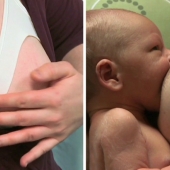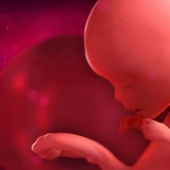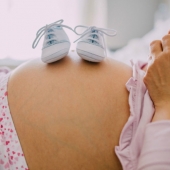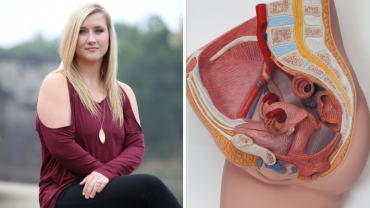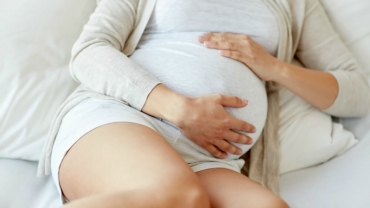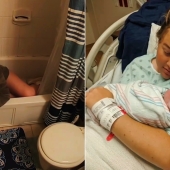A record number of Americans with congenital heart defects are living to adulthood. There are now nearly 2.5 million people living with congenital heart defect in the U.S., more than half of which are adults. That represents an increase of 63 percent just since 2000.
Now, women born with heart defects want babies of their own. In the past, medical experts discouraged this, but Mary M. Canobbio, RN, MN, FAAN, a nurse at Ronald Reagan UCLA Medical Center and lecturer at the UCLA School of Nursing, helped develop new recommendations that are giving women hope. These guidelines were recently published in the American Heart Association journal Circulation.
“This really represents a shift in thinking and offers new hope for a growing segment of our society,” said Canobbio.
The recommendations suggest women undergo extensive preconception testing and counseling. If doctors determine a woman can safely delivery a baby, the recommendations say, she should work with a team of specialists, including a cardiologist and an obstetrician or gynecologist trained in high-risk pregnancies.
They also recommend that women deliver at a large medical center that has sufficient staff and resources to respond to any medical emergencies that might arise.
After delivery, the recommendations suggest, doctors should closely follow a woman’s heart function for at least six weeks, and in some cases up to six months, to check for any long-term damage that may have occurred as a result of the pregnancy.
- 132 views

